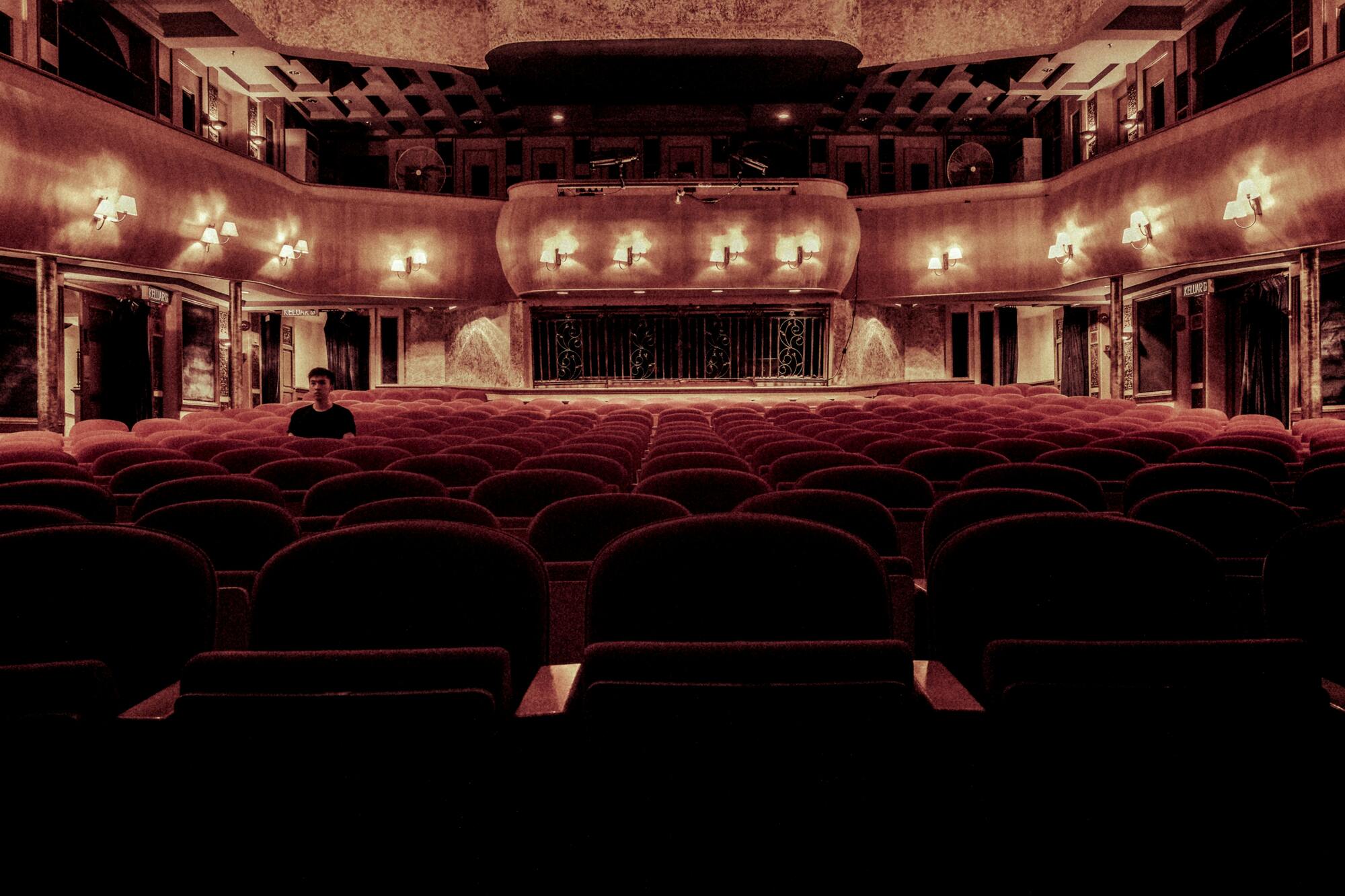
Kus vaadata The Peacekeepers Eestis
With unprecedented access to the UN Department of Peacekeeping, The Peacekeepers provides an intimate and dramatic portrait of the struggle to save "a failed state" The film follows the determined and often desperate maneuvers to avert another Rwandan disaster, this time in the Democratic Republic of Congo (the DRC). Focusing on the UN mission, the film cuts back and forth between the UN headquarters in New York and events on the ground in the DRC. We are with the peacekeepers in the "Crisis Room" as they balance the risk of loss of life on the ground with the enormous sums of money required from uncertain donor countries. We are with UN troops as the northeast Congo erupts and the future of the DRC, if not all of central Africa, hangs in the balance. In the background, but often impinging on peacekeeping decisions, are the painful memory of Rwanda, the worsening crisis in Iraq, global terrorism, and American hegemony in world affairs.
Vaata "The Peacekeepers" kohe Filmzie ja avasta veelgi rohkem viise, kuidas Popcorn Time'i ülimat voogedastusjuhendit kasutades oma lemmik film sukelduda.
Avasta veel rohkem voogesitusvõimalusi The Peacekeepers jaoks!
Avasta, kuidas vaadata The Peacekeepers mitmel platvormil ja erinevates riikides! Olgu sa kodus või välismaal, legaalsete voogedastusvõimaluste leidmine pole kunagi olnud lihtsam. Alates , on The Peacekeepers kättesaadav juhtivatel teenustel nagu . Ligipääsetav 15 teises riigis, saad uurida kohandatud voogedastusvõimalusi, mis vastavad kohalikele litsentsinõuetele, tagades muretult ja legaalselt vaatamiskogemuse.
Rohkem infot
- Kestus
- 83 minutit
- Välja antud
- Päritoluriik
- Ameerika Ühendriigid
- Keeled
- en
Sarnased filmile The Peacekeepers

Film
Filmmaker Sabina Vajraca documents her Bosnian Muslim family's return to their home of Banja Luka, Bosnia, to recover their stolen belongings many years after being forced to flee to the United States. In Bosnia, they witness the devastation of the city, visit war crimes sites, and confront the family that has been living in their former apartment -- with all their furnishings -- for a decade.
Back to Bosnia (2005 )

Film
Blurred images illustrate the narration of New York City-based artist Hugues de Montalembert, who was blinded in a vicious mugging some thirty years ago.
Black Sun (2006 )

Film
In 1999, Internet entrepreneur Josh Harris recruits dozens of young men and women who agree to live in underground apartments for weeks at a time while their every movement is broadcast online. Soon, Harris and his girlfriend embark on their own subterranean adventure, with cameras streaming live footage of their meals, arguments, bedroom activities, and bathroom habits. This documentary explores the role of technology in our lives, as it charts the fragile nature of dot-com economy.
We Live in Public (2009 )

Film
On 15 May, 2006, double amputee Mark Inglis reached the summit of Mt Everest. It was a remarkable achievement and Inglis was feted by press and public alike. But only a few days later he was plunged into a storm of controversy when it was learned that he had passed an incapacitated climber, Englishman David Sharp, leaving him to a lonely end high in the Death Zone.
Dying for Everest (2007 )

Film
The death of John Kennedy is viewed through another angle in this conspiracy-themed film defending the theory that George Herbert Walker Bush was a key player in all aspects of the assassination of American president John F. Kennedy.
Dark Legacy (2009 )

Film
An impressionistic, graphic history of one of the world's most infamous streets: Manhattan's 42nd Street. Likened to a DNA strip of New York City, the street has ranged from the glamorous to the derelict, housing everything from peep shows to such international institutions as the United Nations. The documentary is an exploration of the street's expansion from the farmland where Washington bivouacked his troops to the flashy, commercial center that it is today. With historical information, musical performances and personal narratives, the film traces the rise, subsequent dilapidation, and eventual resurgence of a street that has come to represent a place where, notoriously, anything may and has happened.
42nd Street: River to River (2009 )

Film
Documentary about Harvard-trained theologian Stephen Jenkinson, a grief counselor who teaches that death empowers us to live and that we must not only accept death but embrace it.
Griefwalker (2008 )

Film
In the picture-postcard community of North Vancouver, filmmaker Murray Siple follows men who have turned bottle-picking, their primary source of income, into the extreme sport of shopping cart racing. Enduring hardships from everyday life on the streets of Vancouver, this sub-culture depicts street life as much more than stereotypes portrayed in mainstream media. The films takes a deep look into the lives of the men who race carts, the adversity they face, and the appeal of cart racing despite the risk.
Carts of Darkness (2008 )